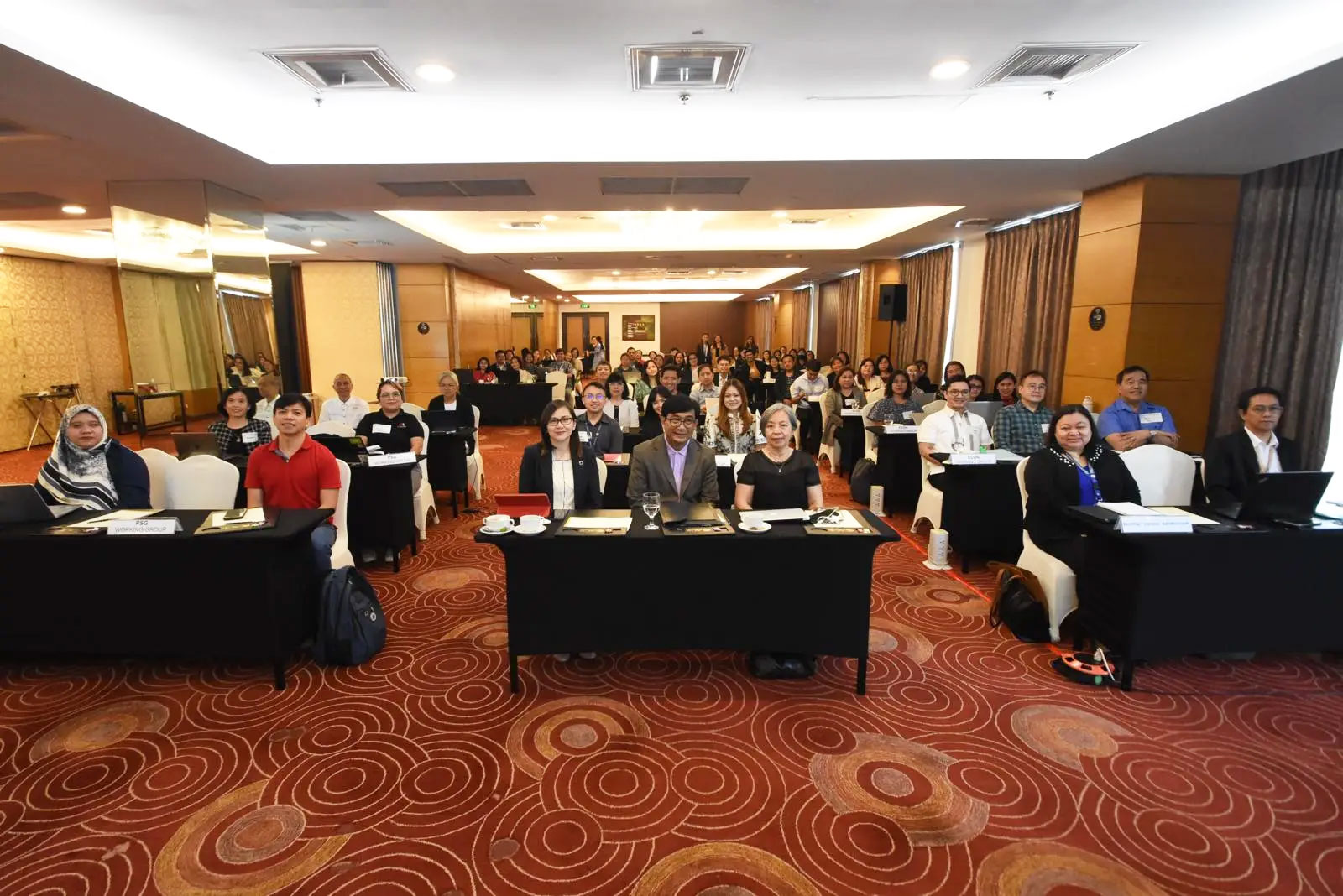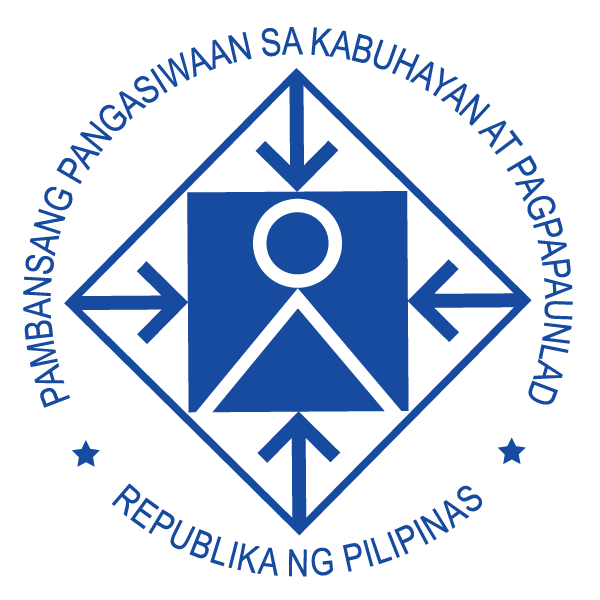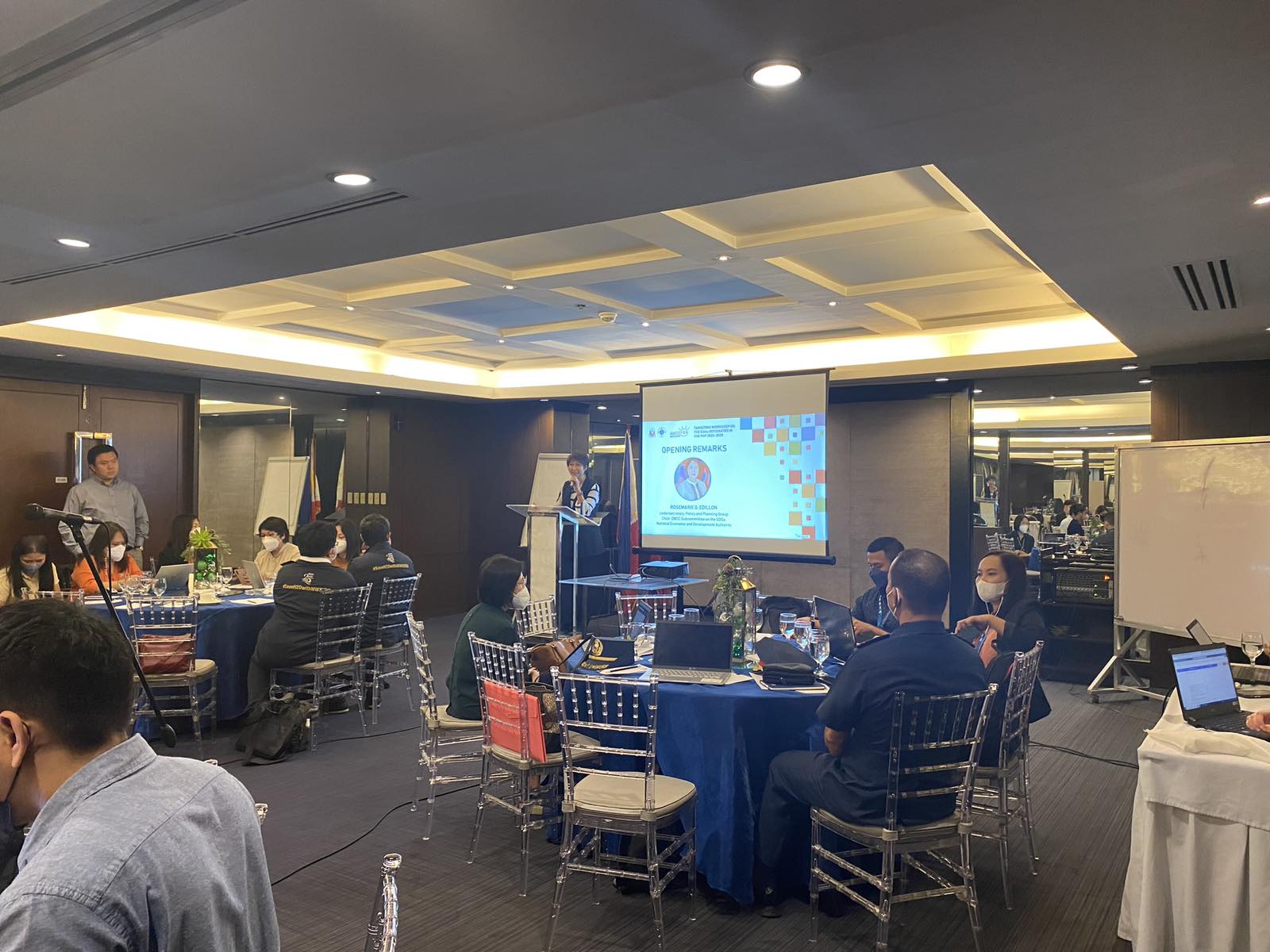Intervention by the Philippines on HLPF Session 3: Mobilizing International Solidarity, Accelerating Action and Embarking on new Pathways to realize the 2030 Agenda and respond to COVID-19
(Delivered by Undersecretary Rosemarie G. Edillon)
Distinguished delegates, ladies and gentlemen:
In this global pandemic, the importance of the 2030 Agenda for Sustainable Development becomes even more relevant. In the 2030 Agenda and the VNR, the importance of international cooperation and multilateralism takes the fore. We need multilateralism to “leave no one behind and reach the farthest behind first”, and in addition, to leave no country behind.
- We urge the UN to promote rule-based international order in providing safeguards so that health goods, such as COVID-19 immunization, remains a public good. We strongly support the proposals to underscore equitable access to the vaccine. Given the concerns about the potential tradeoffs between affordability and accessibility versus availability that may arise as consequence of intellectual property and patent for the vaccine, it is imperative that we forge partnerships and agreements to strengthen our collective negotiating power. In the interest of public health and human rights, we should use the WTO Agreement on Trade-Related Aspects of Intellectual Property Rights as a framework to ensure that the vaccine will not just be available, but also accessible, acceptable, and affordable.
- We commend the prompt response of multilateral banks in providing budgetary support to the COVID-19 response and recovery program. The budget support provided by multilateral banks such as the World Bank, Asian Development Bank, and Asian Infrastructure and Investment Bank will be used to boost the capacity of the health sector, support the social protection programs and job protection measures.
- We urge the UN to continue to promote strategic capacity building. How successfully countries deal with challenges is hinged on how well its governance can adapt. There is a need to leverage and accelerate the use of digital technologies to improve the ability of governments to provide public service. Countries should be committed to continue to work with each other to narrow the digital divide particularly in low-income economies where the digital divide is more pronounced.
- The UN must facilitate technology transfers. The technological and digital divide between high-income and middle-income countries is persistent. As such, we need to support technology transfers to middle income countries. The UN should continue to explore South South Cooperation and Triangular Cooperation to supplement traditional international cooperation modalities to facilitate technology transfers to middle-income and low-income economies.
As we tackle this pandemic, we are again reminded of what made the SDGs universal – we need the whole-of-society, the whole-of-government, multilateralism, and international cooperation to leave no one and no country behind.
Thank you.
Related Articles

Central Luzon Regional Stakeholders’ Chamber on the SDGs convenes its organizational meeting
NEDA 3, as RDC III Secretariat, spearheaded the conduct of the organizational meeting of Regional Stakeholders’ Chamber on the Sustainable Development Goals (SDGs) on 25 September 2024 at Residencia Romero, City of San Fernando, Pampanga.

NEDA CONDUCTS WORKSHOP TO CRAFT FRAMEWORK FOR ACHIEVING SDGs
The National Economic and Development Authority (NEDA), as Secretariat of the Subcommittee on Sustainable Development Goals (SC-SDG) and its Stakeholders’ Chamber, held a workshop on Monday, September 30, 2024, to solicit ideas and inputs for the formulation of an indicator and strategy framework designed to guide non-government sector’s actions, as partners in achieving the SDGs.



